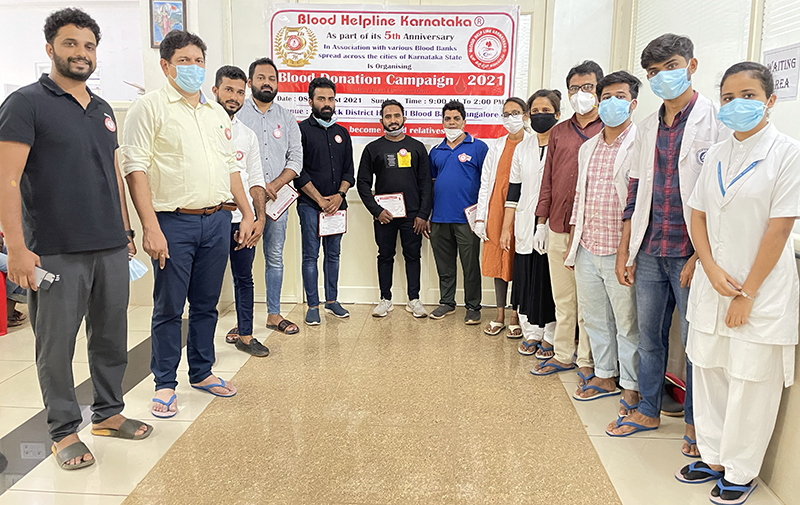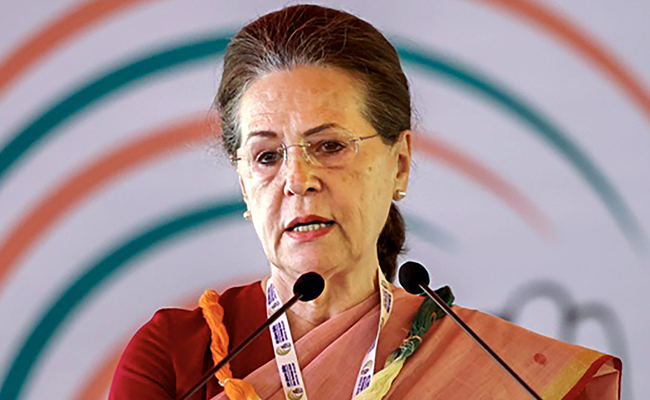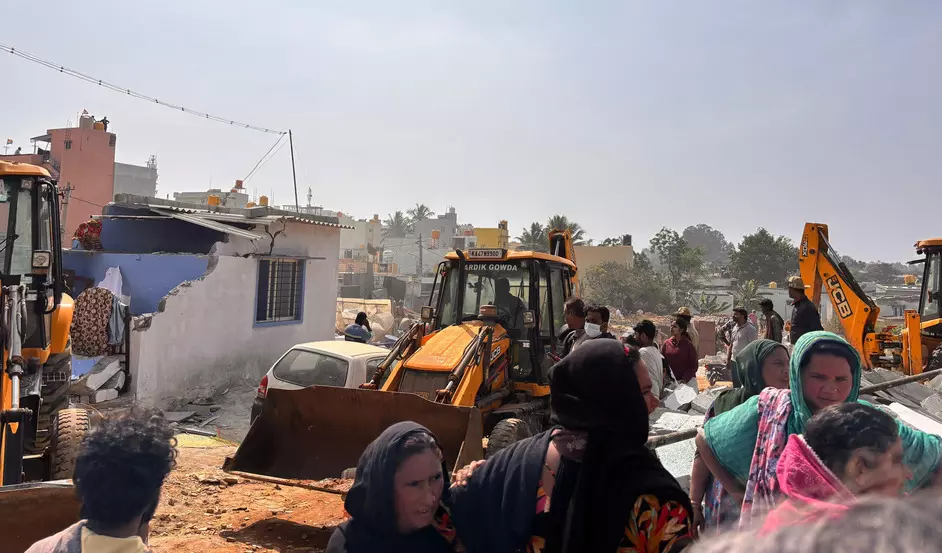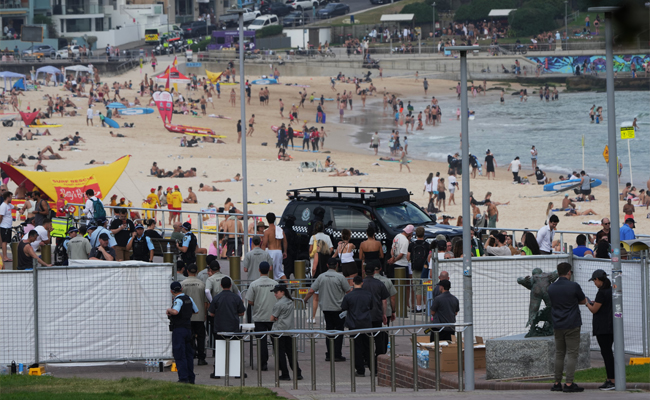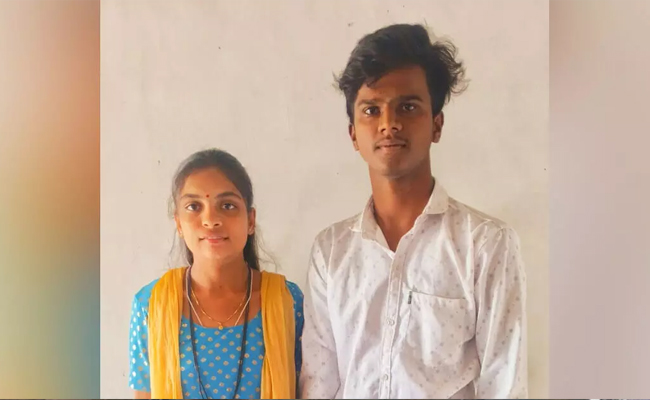Press Release- Mangalore Aug 09: Blood Help Line Karnataka (R) has achieved a new milestone by collecting a whopping 603 units of blood through a mega Blood donation campaign, that was conducted at a time in 21 different blood banks situated in the various cities of Karnataka State, as a part of it's 5th anniversary campaign.
In spite of undeclared curfew kind of situation seen across the state due to possible third wave of Covid-19, and Nationwide immunisation programme, Blood Helpline Karnataka took a bold step to organise a large Blood Donation Campaign across the state, to reduce the scarcity of blood units in the blood banks.
The campaign was conducted in association with 21 different blood banks spread across various cities of Karnataka State as mentioned below, to mark the 5th anniversary of Blood Helpline Karnataka organisation.
55 units of blood in Lion's blood bank at Hennur and JP Nagar, 20 units at Mysore Lion's Jeevadhaara blood bank, 11 units at Madikeri District hospital blood bank in association With Kodagu blood donors, 24 units at Hassan blood bank, 50 units at Rotary Campco blood bank Puttur, 15 units in association With blood donors helpline at Alvas hospital blood bank Moodabidri, 25 units at KMC blood bank Manipal, 104 units in association With Sauharda friends ammunje at Yenepoya hospital blood bank Mangaluru, 36 units at KS Hegde hospital blood bank, 30 units at Kanachuru hospital blood bank, 60 units of blood at Indian red cross society blood bank, 13 units at AJ hospital blood bank, 26 units at Wenlock district hospital blood bank, 43 units at KMC hospital blood bank in association with MOM group, 32 units at Father muller's hospital blood Bank, 21 units at Tejasvini hospital blood bank, 7 units at Shrinivas hospital blood bank, 10 units at Dr. Gowder's blood bank Bijapur, 14 units at Raichur blood bank and 7 units of blood at Indian red cross society Kundapur were collected from the donors.
Organisers of the mega Blood donation campaign and Team Blood Helpline Karnataka (R) have expressed deep gratitude and are grateful to the donor's for voluntarily coming forward to donate the precious blood amid fear of Covid-19, Staff members of various blood banks, and office bearers and members of various organisations for their cooperation, representatives from the media, and to all those who have contributed directly and indirectly to make the Blood Donation Campaign-2021 a massive success.
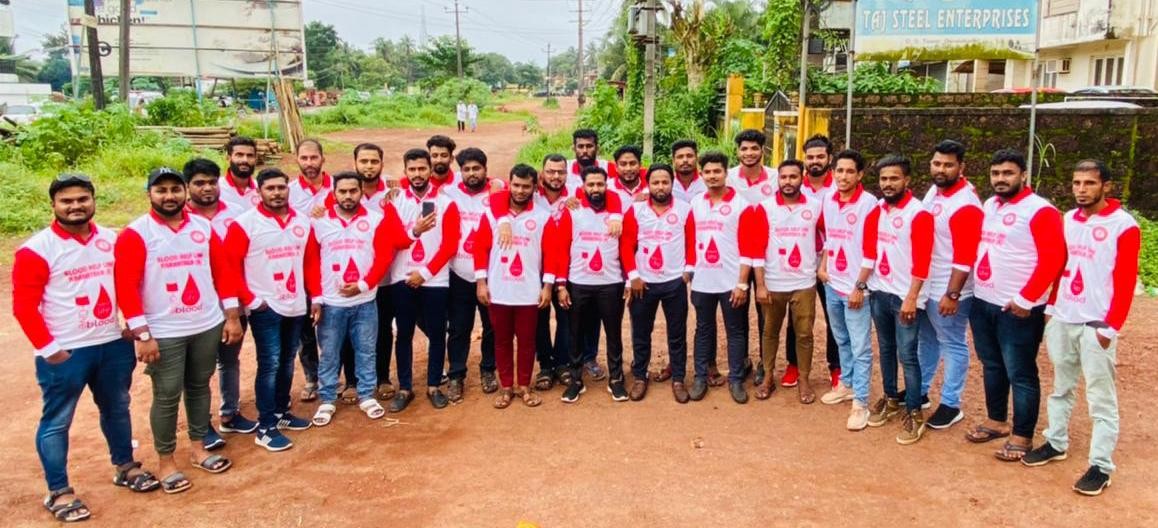














Let the Truth be known. If you read VB and like VB, please be a VB Supporter and Help us deliver the Truth to one and all.
New Delhi, Dec 22 (PTI): Congress Parliamentary Party chairperson Sonia Gandhi on Monday said the "demolition" of the historic Mahatma Gandhi National Rural Employment Guarantee Act (MGNREGA) will have catastrophic consequences for crores of people across rural India and called upon all to unite and safeguard the rights that protect everyone.
In an editorial in 'The Hindu' titled "The bulldozed demolition of MGNREGA", the former Congress chief said the "death" of MGNREGA is a collective failure.
This comes a day after President Droupadi Murmu gave her assent to the Viksit Bharat Guarantee for Rozgar and Ajeevika Mission (Gramin) (VB-G RAM G) Bill, which replaces the MGNREGA and has a provision for 125 days of wage employment for rural workers.
ALSO READ: Delhi polluted owing to Aravalli, says anchor Rajat Sharma; netizens troll him
"MGNREGA realised the Mahatma's vision of Sarvodaya (welfare of all) and enacted the constitutional right to work," Gandhi said.
"It is imperative, now more than ever, to unite and safeguard the rights that protect us all," she added.
Gandhi said the employment guarantee scheme to deal with rural distress has now been "bulldozed and demolished".
MGNREGA was a rights-based legislation inspired by Article 41 of the Constitution of India, which calls upon the government to secure citizens' right to work, she said.
"Over the past few days, the Narendra Modi government worked to bulldoze MGNREGA's abolition without any discussion, consultation, or respect for parliamentary processes or Centre-State relations. The removal of the Mahatma's name was only the tip of the iceberg. The very structure of MGNREGA, so integral to its impact, has been annihilated," she said.
She described VB-G RAM G as "nothing but a set of bureaucratic provisions".
ALSO READ: Hindu outfit urges Karnataka governor to withhold assent to anti-hate speech bill
The Modi government's new Bill has restricted the ambit of the scheme to rural areas as notified by the Union at its discretion, Gandhi said.
Against uncapped central allocation, there is now a pre-determined budgetary allocation that caps the number of days of employment provided in each state. The number of workdays provided are, therefore, left to the Centre's priorities rather than the people's needs, she said, adding that the all-year guarantee of employment has been finished off.
Gandhi said one of the greatest impacts of MGNREGA was increased bargaining power of the landless poor in rural India, which elevated agricultural wages.
"This bargaining power will definitely be eroded under the new law. The Modi government is attempting to suppress wage growth and that too at a time when the proportion of employment in agriculture has risen for the first time since Independence, contrary to what should have been the case," she noted.
She also said by transferring a significant portion of the expense onto the states, the Modi government is discouraging them from providing work under the scheme. The finances of states, already under severe stress and strain, will be further devastated, the Congress leader said.
Under the VB-G RAM G Bill, the cost-sharing pattern is 60:40 between the Centre and states, 90:10 for northeastern and Himalayan states, and 100 per cent central funding for Union territories without legislatures.
Gandhi further said that aside from demolishing the demand-based nature of the programme, the Modi government has ended the decentralised nature of the scheme.
"The Modi government is resorting to fraudulent claims that it has enhanced the employment guarantee from 100 days (under MGNREGA) to 125 days. For all the reasons outlined above, that will certainly not be the case. Indeed, the real nature of the Modi government's intentions can be understood from its decade-long track record of throttling MGNREGA.
"It began with the Prime Minister's (in)famous mocking of the scheme on the floor of the House and proceeded apace through a 'death by a thousand cuts' strategy through, for instance, stagnant budgets, the use of disenfranchising technology and delayed payments to workers," she said in the article.
Gandhi said the demolition of the right to work must not be seen in isolation but as part of the long assault by the ruling establishment on the Constitution and its right-based vision for the country.
"The most fundamental right to vote is under unprecedented assault. The Right to Information has been desecrated with legislative changes that weaken the autonomy of Information Commissioners, and by wholesale exemptions from the Act for ill-defined 'personal information data," she said.
The Right to Education has been undermined and The Forest Rights Act, 2006, was markedly weakened by the Forest (Conservation) Rules (2022), which removed the gram sabha from any role in permitting the diversion of forest land, the Congress leader said, adding that The Right to Fair Compensation and Transparency in Land Acquisition, Rehabilitation and Resettlement Act, 2013 has been significantly diluted.
"Through the three black farm laws, the government attempted to deny farmers the right to a minimum support price. The National Food Security Act, 2013, may very well be next on the chopping block," Gandhi said.

